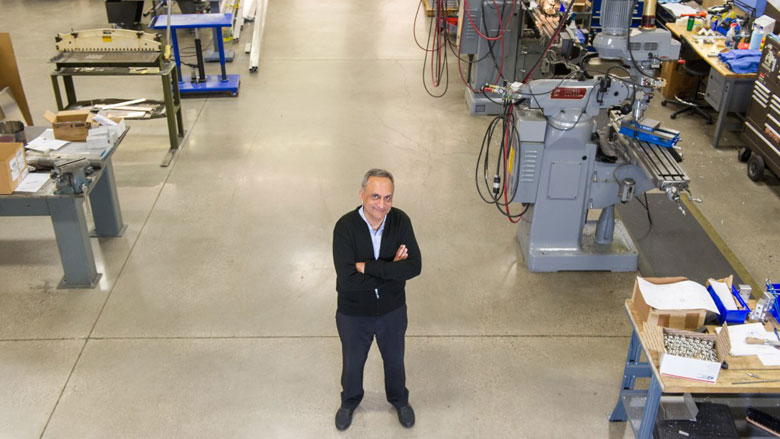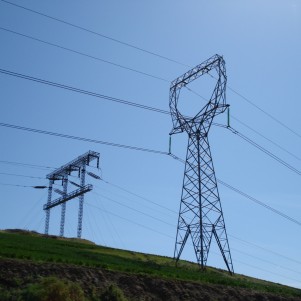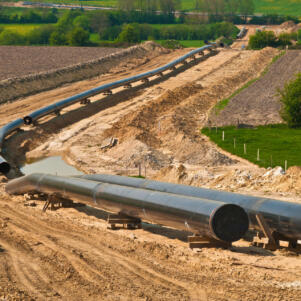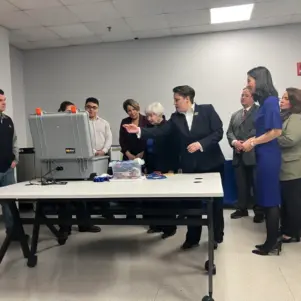Billions in Change fights poverty with inventions
By Daniel Huizinga | April 19, 2016, 15:42 EDT
 Billions in Change founder Manoj Bhargava / Photo: Billions in Change
Billions in Change founder Manoj Bhargava / Photo: Billions in Change How do you change the world? Is foreign aid the most effective tool, or should charities funded by millions of small donors lead the way?
A new organization called Billions in Change is trying a new strategy: creating inventions to solve the most fundamental problems that people face around the world.
Founded (and fully funded) by multi-billionaire Manoj Bhargava, the organization has a unique opportunity to directly address the problems of global poverty. Bhargava, the founder of 5-Hour Energy, pledged 99 percent of his wealth to help the less fortunate. So Billions in Change doesn’t accept donations.
“We’re neither nonprofit or for-profit. We’re zero profit,” Bhargava told Opportunity Lives. “We’re run like a for-profit, but we don’t make any money.”
Instead of just giving his money away, Bhargava wants to make a sustainable difference by giving people the ability to make a living. “Our aim is to enable people to make their own livelihoods, and to empower people — regardless of where they live or how much money they have—to achieve maximum wellbeing,” says the Billions in Change website.
Billions in Change mostly employs engineers. Their job? To develop cheap, easy-to-use products that can revolutionize access to reliable electricity, clean water and healthcare for people around the world. These three goals are fundamental to giving people the ability to make a living and begin a journey out of poverty.
So far, Billions in Change has come up with some pretty successful ideas.
The Free Electric hybrid stationary bicycle is one such invention. By pedaling it for one hour, someone can provide electricity to their rural household for the entire day. Bhargava said Billions in Change is currently piloting the bike in India but aims to distribute 10,000 bikes to Indian homes, schools, and small businesses by October.
Additionally, Billions in Change is developing Rain Maker, a water purifier that removes harmful contaminants from polluted water or normal seawater at the rate of one thousand gallons per hour, and Renew, a device that improves circulation from the lower body.
Rain Maker is still being improved and developed, said Bhargava. But Renew was recently approved by the FDA and can be used for both heart patients and healthy people. Together, Bhargava aims to use these three projects to make a focused effort at giving people the resources they need to fight poverty.
“Our challenge is always to figure out how to simplify things—to think through the cascade of outcomes in order to minimize future challenges,” said Bhargava. “For example, the first publicly released design and prototype for Free Electric (which we show in the Billions in Change film) worked well, but it wasn’t practical. It was big, heavy, and relied on too many parts that would have to be custom-made. So we went back to the drawing board and decided to use as many regular bicycle parts as we could. The result? A sleeker, smaller, lighter, more efficient, and less expensive bike.”
Changing the world isn’t easy, and sometimes things go disastrously wrong. But the key for Billions in Change is that the organization continues working toward inventions that are sustainable, rather than trying to create the illusion of progress for shareholders or donors.
Bhargava recognizes that he has to be resilient.
“When years of your work explodes in front of your face, you just can’t take it personally,” he said. “Immediately you have to get up and say, ‘Okay what’s next?’”
Daniel Huizinga is a columnist for Opportunity Lives covering business and politics. Follow him on Twitter @HuizingaDaniel.
This article first appeared on Opportunity Lives.
NBPEconomic











